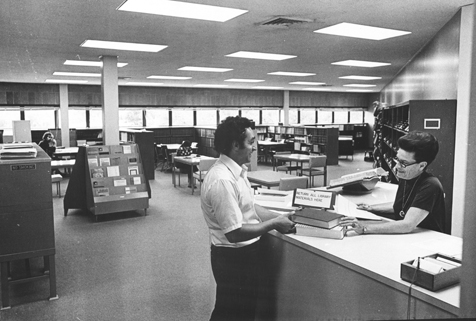
Faculty Research 1970 - 1979
The effects of passive immunization with tumor-specific antiserum on the active immune response of mice to sublines of leukemia L1210.
Document Type
Article
Publication Date
1978
Keywords
Antibody-Formation, Antibody-Specificity, Dose-Response-Relationship-Immunologic, Female, Immune-Sera, Immunity-Active, Immunity-Cellular, Immunity-Maternally-Acquired, Leukemia-L1210: im, Mice, Mice-Inbred-BALB-C, Mice-Inbred-DBA, SUPPORT-U-S-GOVT-P-H-S
First Page
1752
Last Page
1759
JAX Source
J-Immunol. 1978 Nov; 121(5):1752-9.
Abstract
In vivo, tumor cell killing was monitored with 131I-IUdR-labeled tumor cells and whole-body measurement of retained radioactivity. Treatment with antiserum in quantities that were not sufficient to kill the total leukemia cell inoculum (i.e., antigen excess) caused an immunopotentiation of the active immune responses; this was manifested by an accelerated rate of tumor cell killing beginning between days 10 and 11. The results obtained in vivo were confirmed by in vitro quantitation; both the cytotoxic antibody and cell-mediated immune responses were potentiated by the injection of antiserum. Immunosuppression was also observed in passively immunized mice. Whether potentiation or suppression occurred was dependent on the relative amounts of antiserum and leukemic cells injected and the innate immunogenicity (and/or antigenicity) of the leukemic cells; antibody excess and high immunogenicity favored suppression.
Recommended Citation
Carlson GA,
Terres G.
The effects of passive immunization with tumor-specific antiserum on the active immune response of mice to sublines of leukemia L1210. J-Immunol. 1978 Nov; 121(5):1752-9.

